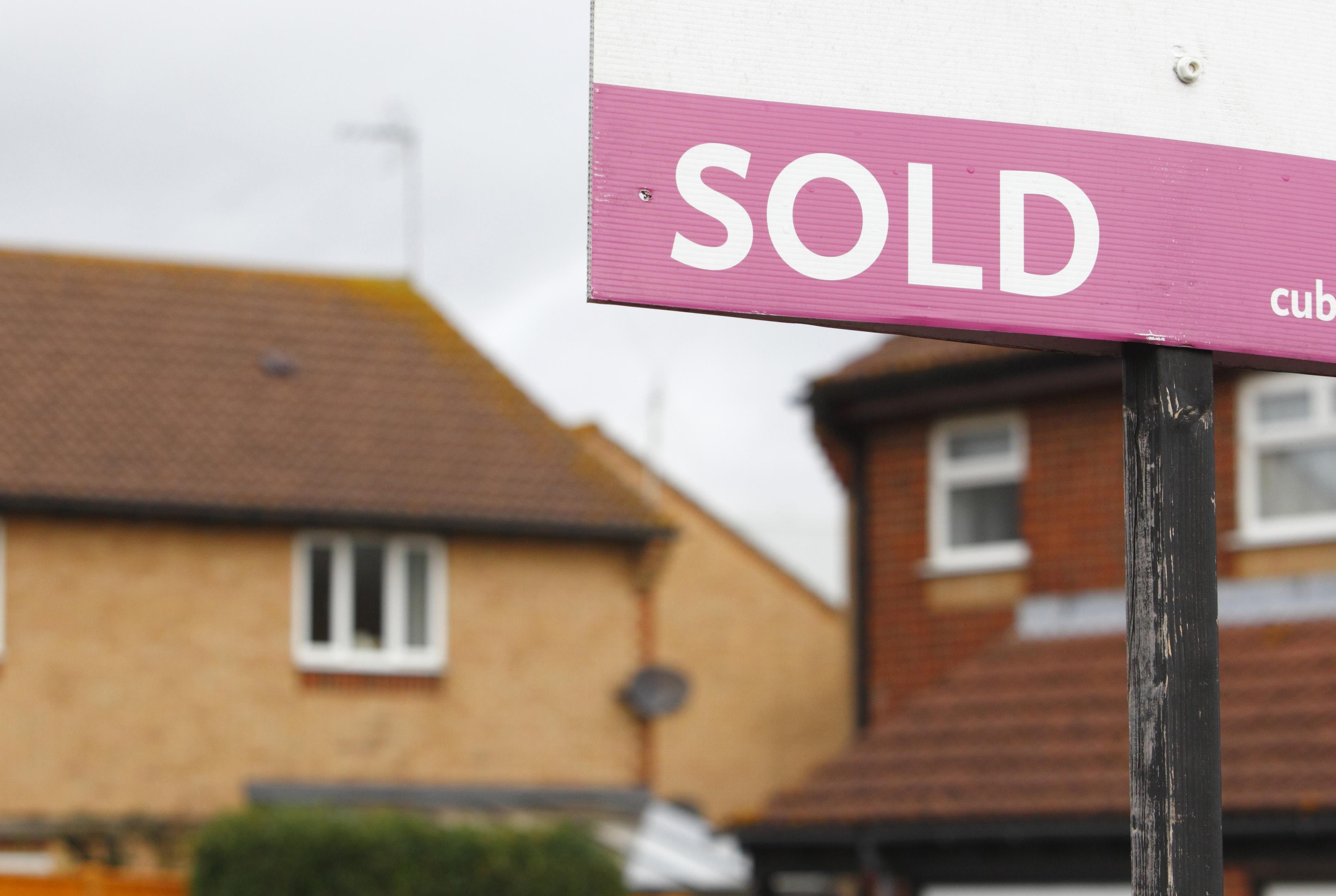Budget 2021: New plans for property and mortgages
The chancellor has given one of the most important Budgets in living memory so what was in it and what will it mean for you?

Your support helps us to tell the story
From reproductive rights to climate change to Big Tech, The Independent is on the ground when the story is developing. Whether it's investigating the financials of Elon Musk's pro-Trump PAC or producing our latest documentary, 'The A Word', which shines a light on the American women fighting for reproductive rights, we know how important it is to parse out the facts from the messaging.
At such a critical moment in US history, we need reporters on the ground. Your donation allows us to keep sending journalists to speak to both sides of the story.
The Independent is trusted by Americans across the entire political spectrum. And unlike many other quality news outlets, we choose not to lock Americans out of our reporting and analysis with paywalls. We believe quality journalism should be available to everyone, paid for by those who can afford it.
Your support makes all the difference.The housing market has defied gravity and certainly logic in the period of the pandemic thanks to a raft of unprecedented moves that now seem like ancient history.
In his extensively leaked Budget speech today, the chancellor allayed fears of a fundamental collapse in prices. So here’s what happens now and how the new normal will work. At least, experts warn, until the next potential cliff edge.
Mortgages
Remember the Help to Buy mortgage guarantee scheme that came to an end in 2016? The chancellor has announced a new version, incentivising lenders to offer mortgages to people who only have small deposits.
It’s available to anyone buying a home worth up to £600,000 and the chancellor had a lengthy list of lenders who will be offering mortgages under this scheme from next month.
“We want to turn Generation Rent into Generation Buy,” said the chancellor.
Not everyone has welcomed this latest round of support, though. The last similar scheme was accused by some of inflating house prices and it comes after the stamp duty holiday was also thought to have helped drive prices up by 8.5 per cent, despite the economic crisis caused by the pandemic.
A stamp duty extension
The stamp duty holiday saw a surge in people buying homes, arguably increasing prices. There had been concerns prices might drop off a cliff when it came to an end.
However, it has now been extended as it is to 30 June. After that, the nil rate band will be £250,000 until the end of September.
“The decision to extend the stamp duty holiday will be welcome news to over 100,000 buyers who had been in danger of missing the previous 31 March deadline,” says Miles Robinson, head of mortgages for mortgage broker Trussle.
“Many within the industry had feared the end of the scheme could lead to a large-scale collapse of housing transactions, as some buyers had been relying on the savings from the tax break to complete on their property purchase.
“The announcement that there will continue to be nil rate stamp duty on house purchases up to £250,000 from July up until the end of September is likely to stabilise the housing market in the coming months and will help to sustain demand.”
Buyers completing before 1 July 2021 are set to benefit by up to £15,000. With no stamp duty then payable on the first £250,000 of the price, buyers completing before 1 October 2021 will benefit by up to £2,500.
“Buyers due to complete between 1 April and 30 June will breathe a sigh of relief; estate agents, surveyors and mortgage brokers will rub their hands with glee; and conveyancers, exhausted by the pressure to complete before 1 April, will look ahead with dread,” warns Sean Randall, partner at tax, accounting and business advisory firm Blick Rothenberg.
“The pleas from professional bodies for a tapered end to the holiday have been heeded to some extent. Rather than one large ‘cliff-edge’ there will now be two smaller ones. That said, buyers failing to complete before 1 July will lose up to £12,500, so there will continue to be pressure on many to complete before the second holiday begins: average house prices in many parts of the country exceed £250,000.
“Many thought that the stamp duty holiday was unnecessary and an unwise policy. They would say that the housing market was not in trouble, the surge created by the holiday has produced a logjam, the positive ripple effect will turn into a negative ripple effect as soon as the holiday ends; it was estimated to cost £3.8bn pre-extension and the rise in house prices shows that the tax saving has been enjoyed by sellers not buyers.
“Extending the holiday means that the chancellor is doubling down. All of that is probably true, but having made the decision to give the holiday, extending it for the journey out of lockdown is not such a big gamble.”
Join our commenting forum
Join thought-provoking conversations, follow other Independent readers and see their replies
Comments